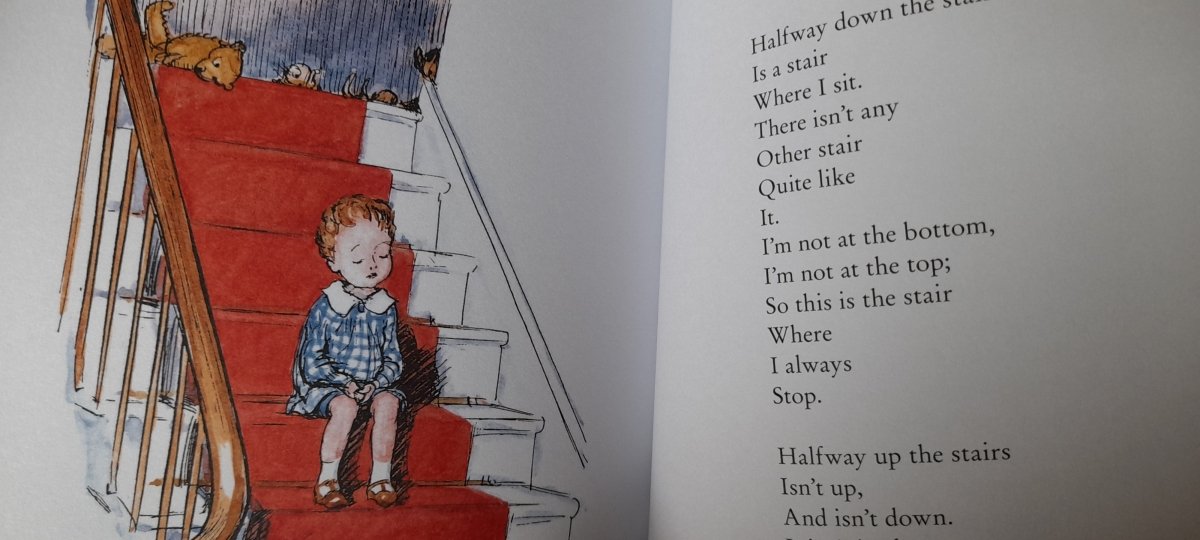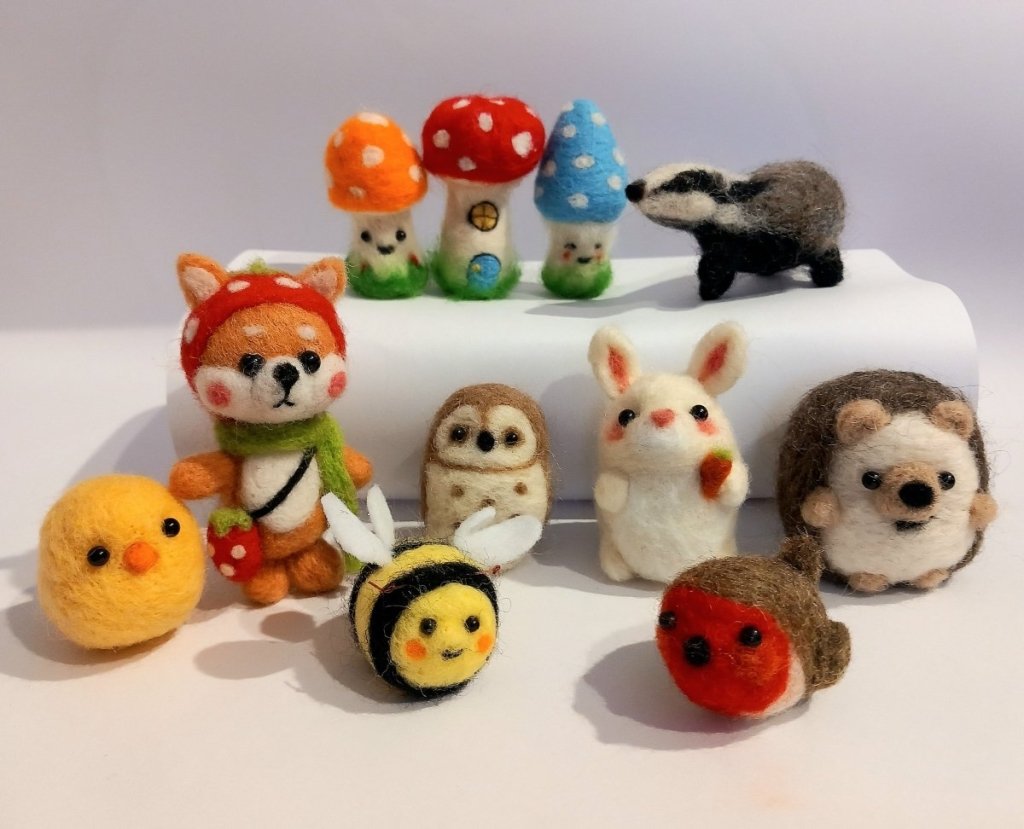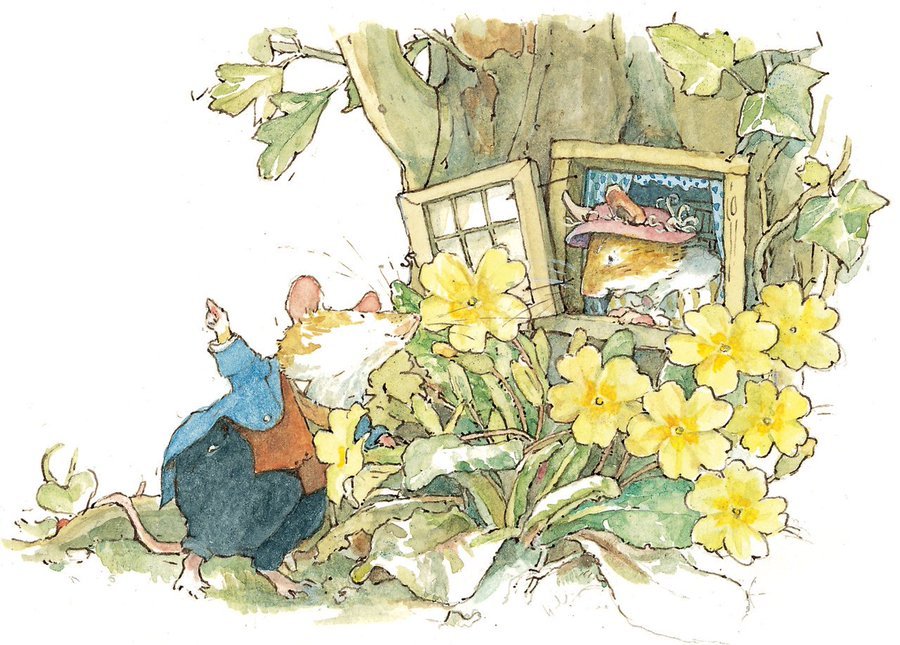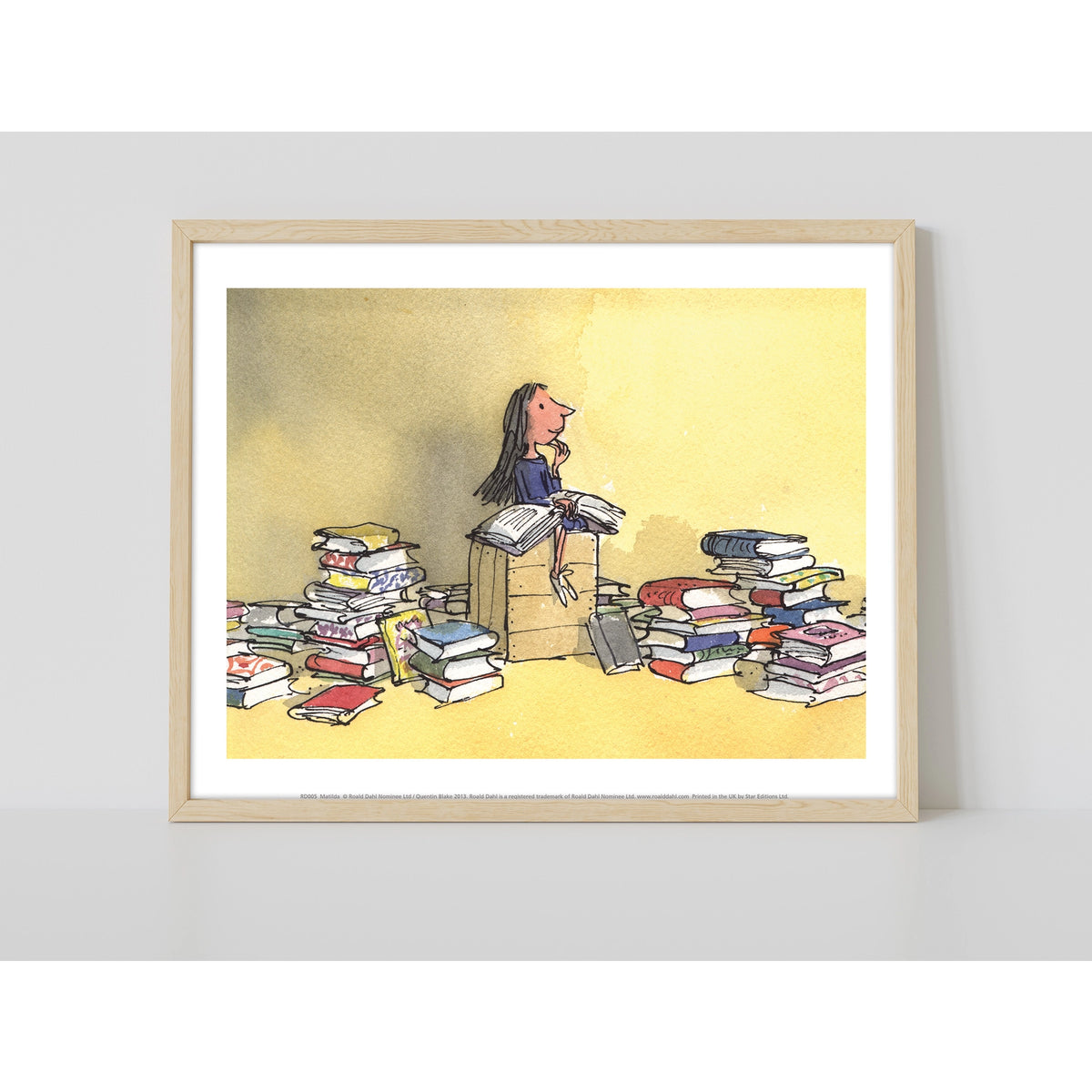Our Favourite Poems for Children

Poetry is all about interpretation and discovery, and when children are given a chance to engage with it, it can spark their imaginations in a way no other literature can. Here are some of our favourite poems to ignite a lifelong love of poetry in children.
Yours Hopefully by Michael Rosen
Michael Rosen's book On the Move: Poems about Migration uses the open-ended nature of poetry to explore unanswered questions in his own family history. Rosen comes from a Polish Jewish background and many of his extended family remain missing since the Holocaust.
The poem "Yours Hopefully" imagines a letter between Rosen's family members during the war. It's a sparse poem that embodies the limitations of communication during that era, and leaves ample space for children to imagine what's not being said:
"Please send for our brothers,
send for our mother.
Nothing more can be said
as this letter may be read by others."
In a world where children are always being told what the correct answer to a question is, young readers always appreciate having their own role in the creation of a narrative. On the Move gives them a space to explore their own questions. This is a great poetry collection for older children who are curious about identity, history and the wider world.
Halfway Down by A.A. Milne
Children can be captivated by the tiniest details; a bug on a leaf, or a balloon lost to the wind. A.A. Milne, most famous for his Winnie-the-Pooh stories, masterfully captures these tiny moments in poetry, and shows utmost respect for the things that are important to children.
Milne's poetry collection When We Were Very Young was his first book for children, his first book to be illustrated by E.H. Shepard, and the first volume in which Pooh-bear made an appearance. Milne's poems were inspired by his young son Christopher Robin; "Halfway Down" is about his favourite place to sit as a toddler.
Milne's tumbling rhymes in When We Were Very Young and Now We Are Six beautifully capture the intricacies of childhood, and are perfect for reading aloud as part of a bedtime routine.
Us Two by A.A. Milne
"Us Two" is another one of our favourite poems by A.A.Milne, all about the special relationship between his son Christopher Robin and his teddy bear, Pooh. We've heard some lovely stories from customers about this poem's role in their lives, including one who recited it at wedding to celebrate the deep bond between a couple.
This poem about friendship is perfect for engaging young children in poetry, why not read it aloud together and start a conversation. Ask about who your child's best friend is and what they like to do together.
Refugees by Brian Bilston
Brian Bilston is a British poet who uses form in interesting ways; his poems are often funny and sometimes play tricks on the reader. He uses the unique format of poetry to create an interactive reading experience.
Refugees is one such poem; and one which shows the importance of reading a poem all the way to the end. When first read from start to finish Refugees seems to echo stereotypes, but the last line invites the reader to read the poem backwards. It then explains, in the same words, why refugees need to be welcomed. This poem is a literal exercise in looking at things from a different perspective.
I wish I had more courage...by Toon Tellegen
I Wish is one of the more obscure and experimental books in our selection. It was co-created by the artist Ingrid Godon and the poet Toon Tellegen. Godon contributed drawings of children's faces, and Tellegen responded to each with a short poem.
"I wish I had more courage" is a poem everyone can relate to, about wishing to be different.
If courage was something you could buy,
I'd spend all my money on it.
It would be my most valuable possession.
I Wish is the perfect poetry book for children who are confident reading by themselves, as it's all about our private inner worlds and deepest longings. With simple language but complex concepts, it's the perfect introduction to how much poetry can say with just few words.
Jabberwocky by Lewis Carroll
Lewis Carroll is best known for writing the iconic novels Alice's Adventures in Wonderland and Alice Through the Looking Glass, but he was also an accomplished poet.
Carroll wrote a book-length poem called The Hunting of the Snark, which is a great read for children who are already lovers of verse. "Jabberwocky" is a poem within a story, featured in Alice Through the Looking Glass.
The poem is written in a nonsense language of Carroll's invention.
'Twas brillig, and the slithy toves
Did gyre and gimble in the wabe;
All mimsy were the borogoves,
And the mome raths outgrabe.
The character of Humpty Dumpty in Through the Looking Glass attempts to explain some of the words to Alice; for example "Brillig' means four o'clock in the afternoon, the time when you begin broiling things for dinner", but much of the poem is left open to interpretation. This makes "Jabberwocky" full of fun for children; they'll enjoy the sounds of the words, they can make the poem mean whatever they like, and they can create their very own translation!
Hey, diddle, diddle from Mother Goose
Nursery rhymes are the first introduction to poetry for most of us, and there's a reason the same verses have stuck around for so long. Rhymes have a profound impact on children's development of language. Their repeated sounds help them practise using the muscles of the mouth and tongue to sound out different phonics, and the rhythms in nursery rhymes help children recognise speech patterns and learn where the emphasis goes in sentences.
One of our favourite editions of Mother Goose's Nursery Rhymes is Richard Scarry's Best Mother Goose Ever. Scarry's collection features all the best known rhymes and is filled with colourful, nostalgic illustrations by the iconic illustrator. Reading nursery rhymes aloud is a quick and simple way to include poetry in your child's daily life.
Browse our full range of poetry books here, and feel free to contact us for more reading recommendations.
You can find prints of A.A.Milne's poems here, with framing available.












